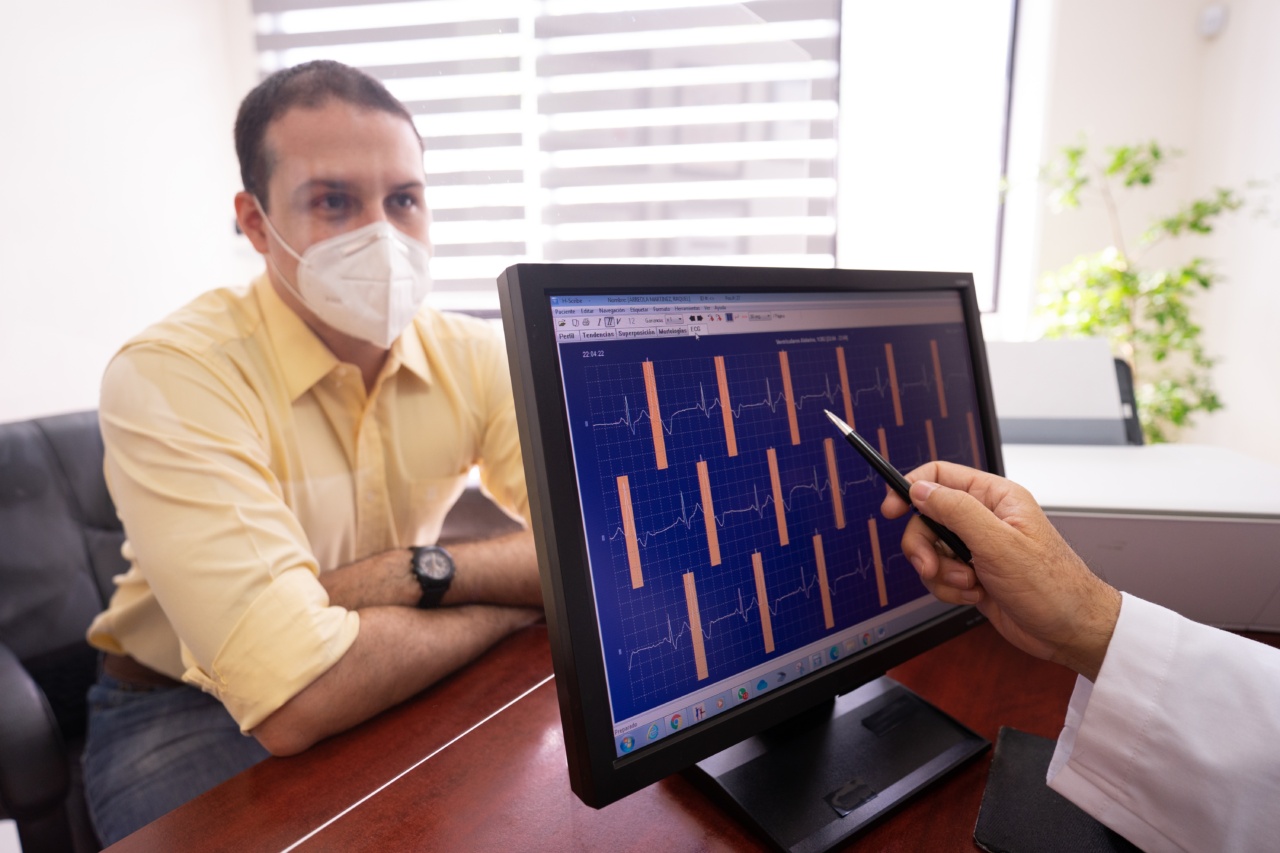High blood pressure, also known as hypertension, is a chronic medical condition that affects millions of people worldwide. It is a major risk factor for cardiovascular diseases such as stroke, heart attack, and heart failure.
Because of this, managing blood pressure levels is one of the most important aspects of maintaining good health.
One of the most common treatments for hypertension is medication. Many patients take one or more blood pressure medications each day, often at different times of the day.
While morning medication intake is essential for maintaining healthy blood pressure levels throughout the day, evening medication intake is just as crucial for patient health.
The Importance of Evening Medication Intake
Research has shown that taking blood pressure medication in the evening leads to better blood pressure control, compared to taking medication in the morning.
One study published in the journal Hypertension found that patients who took their medication at bedtime had lower blood pressure readings both during the night and throughout the day, compared to patients who took their medication in the morning.
Another study published in the Journal of the American Society of Nephrology found that nighttime blood pressure is a more accurate predictor of cardiovascular risk than daytime blood pressure.
This highlights the importance of ensuring that patients take their medication at the right times to manage their blood pressure levels effectively.
Additionally, taking blood pressure medication in the evening can improve medication adherence. For many patients, taking medication in the morning can be difficult due to work or other daily commitments.
This can lead to missed doses or inconsistent treatment, which can significantly impact blood pressure control and overall health outcomes.
How to Ensure Proper Evening Medication Intake
Ensuring proper evening medication intake is essential for managing blood pressure levels and maintaining good health. Here are some tips to help patients stay on track with their medication schedule:.
1. Set a Reminder
Many patients find it helpful to set a reminder for their evening medication dose. This can be done using a phone alarm, a pill dispenser, or any other method that works for the individual.
Consistency is key when it comes to managing blood pressure, so it is important for patients to take their medication at the same time every day.
2. Keep Medication Nearby
Keeping medication nearby can also help patients remember to take their evening dose. This might involve keeping medication on a bedside table or in a visible location to serve as a visual reminder.
3. Stay Organized
Staying organized can also make it easier to manage medication schedules. This might involve using a pill organizer or keeping a medication log to track doses and ensure that nothing is missed.
4. Talk to a Healthcare Provider
If patients have difficulty adhering to their medication schedule, it is important to talk to a healthcare provider. Providers can offer advice on how to stay on track and provide additional resources or support as needed.
Conclusion
Overall, maintaining healthy blood pressure levels is a critical aspect of overall health and wellbeing.
Evening medication intake is a crucial component of managing blood pressure, as it helps to improve medication adherence and lead to better blood pressure control. Patients can ensure proper medication intake by setting reminders, keeping medication nearby, staying organized, and talking to a healthcare provider if needed.





























